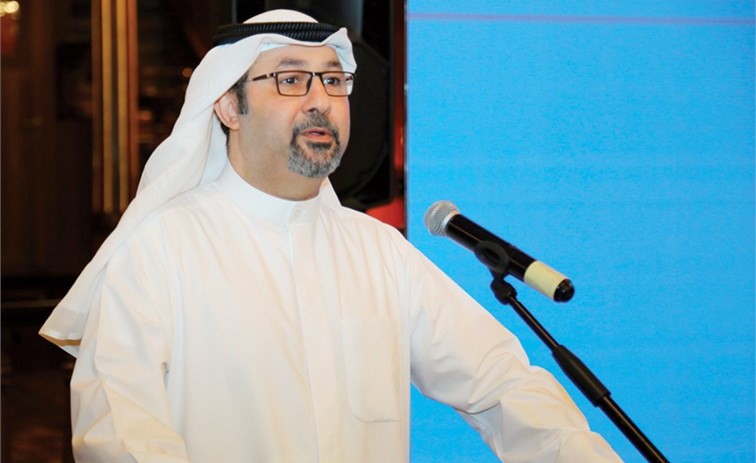- ASRY Awarded 2024 RoSPA Gold Medal in Health and Safety
- BP ponders shifting focus away from renewables, say sources
- QatarEnergy enters 10-year naphtha supply agreement with Japan’s ENEOS Corporation
- The International Energy Agency expects oil demand growth to slow in 2024
- The International Monetary Fund re-selects Kristalina Georgieva as its director
- Libya to target producing 1.4 million b/d by end 2024
- TotalEnergies launches the Marsa LNG project and deploys it multi-energy strategy in Oman
- H.E. Minister Al-Kaabi: Demand for oil and gas will continue for long; we have to be responsible, and Qatar is doing its part
- Egypt to stop exporting LNG starting from the beginning of May 2024
- QatarEnergy selects Nakilat to own and operate 25 conventional LNG vessels

Kuwait: The Chairman of KOC makes important remarks about the Kuwaiti oil sector

Prior to assuming the presidency of the Kuwait Oil Company, Ahmad Al-Aidan was responsible for achieving oil and gas discoveries in Kuwait as he processes long experience in reservoirs and their formations, in addition to his participation in developing exploration and development plans for the oil sector for many years.
Therefore, Al-Aidan was assigned by Sheikh Nawaf Saud Al-Sabah (Chief Executive Officer of the Kuwait Petroleum Corporation) to be the Chairman of the Kuwait Oil Company.
Al-Eidan stresses that the most important challenges of KOC are to continue developing difficult reservoirs so that Kuwait’s production is not limited to traditional reservoirs, while raising production capacity to reach the strategic goal of 3.650 million barrels of oil per day, and to maintain the heavy oil production capacity that has increased from 15 to 75 thousand barrels per day, in addition to increasing the production capacity of free gas from 570 to 950 million cubic feet per day.
Al-Eidan explained that the value of capital projects for KOC is estimated during the next five years to range between 11-13 billion dinars, distributed among well-drilling projects, building new production facilities, improving others, and water treatment and injection projects. The company also plans to drill 3,750 wells during the current five-year plan, using about 90 drilling rigs.
He added that the percentage of projects related to maintaining production in KOC is estimated at about 70 percent of the total capital projects, as a result of the aging of the company’s reservoirs and the high rates of produced water, referring to the nature of the oil industry.
He assured the need for the contribution of international oil companies to develop the reservoirs, using their advanced technology and expertise in developing such reservoirs, noting that seeking help from international companies does not mean dispensing with local labor, rather it is an opportunity to train them and raise their capabilities.
Al-Eidan stressed the commitment of the company to employing Kuwaiti graduates, according to the company’s needs for technical and administrative cadres, noting that the Kuwaitization rate reached 93 percent (with the exception of workers in Al-Ahmadi Hospital).










